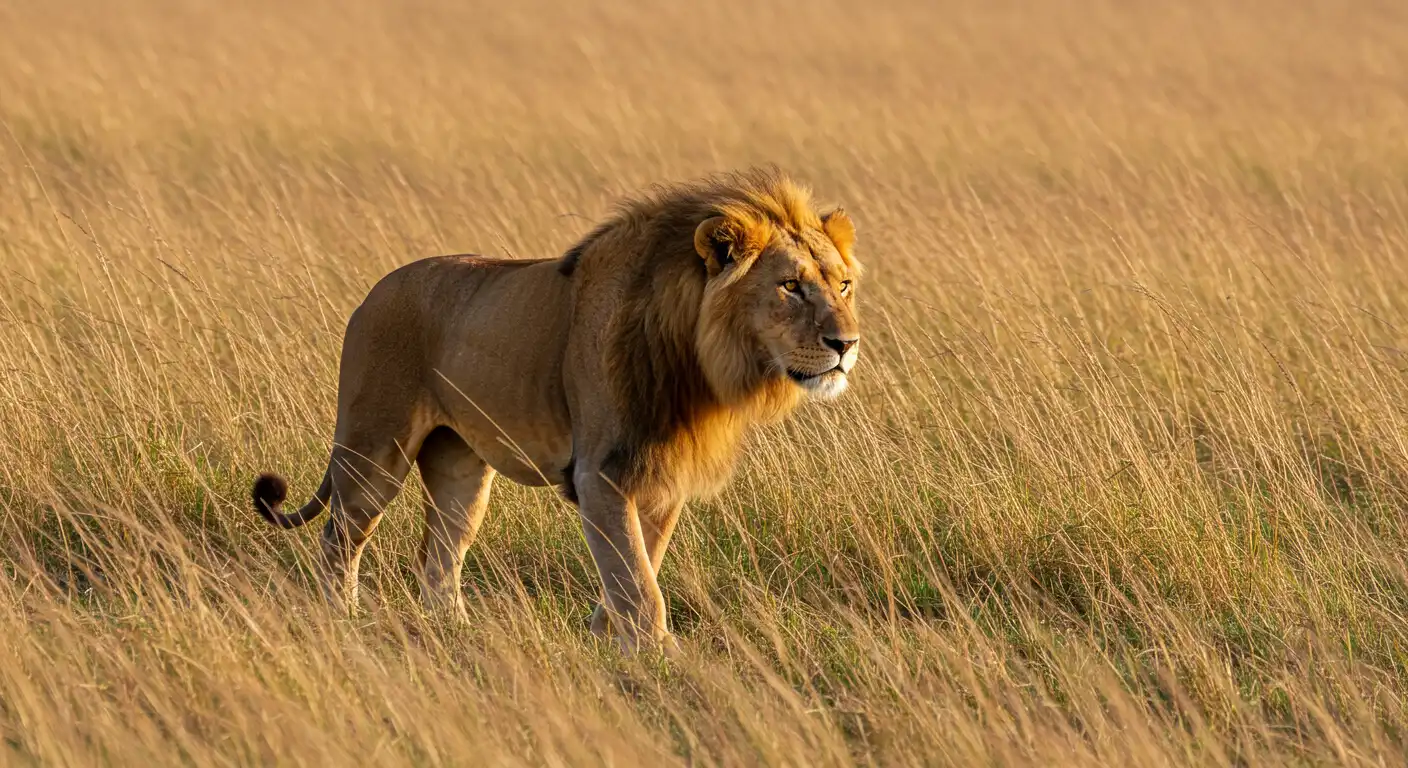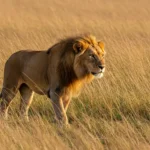Lions aren’t just majestic symbols of strength and royalty. They play a crucial role in their ecosystems. But what exactly do lions do in the wild? Why are they so important to the balance of nature? Let’s dive into the world of lions and unpack their unique role in the habitats they call home.
The Lion’s Title: Apex Predator
Lions are apex predators, meaning they sit at the top of the food chain. They don’t have natural predators of their own (except humans), and they control the populations of other animals below them. But being an apex predator isn’t just about hunting—it’s about balance.
Maintaining Ecological Balance
Without lions, prey animals like zebras, antelope, and buffalo could overpopulate. That might sound cute at first, but imagine herds so large they overgraze their environment. It would destroy vegetation, displace smaller species, and damage the soil. Lions help prevent that.
Who’s on the Menu?
Lions mainly target large herbivores. Think wildebeest, gazelles, and even young elephants. They tend to go for the weaker members of the herd—injured, old, or sick animals. In doing so, they help keep the gene pool of these species strong and healthy.
Nature’s Cleanup Crew (Sort Of)
While lions are known for hunting, they’re not above scavenging. If a hyena or vulture leaves a carcass, lions might swoop in and clean up the leftovers. This role helps keep diseases from spreading through rotting meat. So yes, lions are a little bit of nature’s janitorial staff too!
Keeping Herbivores on the Move
Lions influence where herbivores roam. When lions are in the area, antelope and other prey animals stay alert and move frequently. This behavior prevents overgrazing in one spot and promotes healthier vegetation growth across large areas.
Shaping the Landscape—Literally
By moving prey and influencing where they graze, lions indirectly shape the vegetation of their ecosystems. Think of them like invisible landscapers guiding the flow of plant growth across savannas and plains.
Creating Opportunities for Smaller Predators
When lions make a kill and leave scraps behind, they create a buffet for smaller scavengers. Hyenas, jackals, and vultures all benefit from a lion’s leftovers. This food-sharing (intentional or not) helps multiple species survive in tough environments.
Controlling Disease Spread
By hunting weaker or diseased animals, lions help prevent the spread of illnesses in herbivore populations. That means healthier prey, stronger herds, and a more stable ecosystem.
Social Behavior That Impacts the Ecosystem
Lion prides (typically 10–15 lions) work together. Their group behavior lets them take down larger prey and guard territories. These territorial boundaries help structure where different animal groups roam, influencing the entire food web.
Guardians of Genetic Diversity
Because lions often target the weakest animals, they leave the strongest and most genetically fit individuals to breed. That natural selection process leads to healthier future generations of prey animals.
The Lion-Hyena Rivalry
Lions and hyenas are often at odds, competing for food and territory. This rivalry keeps both species in check and prevents any one predator from dominating an ecosystem. It’s nature’s way of enforcing balance.
Human Impacts on Lion Populations
Unfortunately, human expansion, poaching, and habitat destruction are threatening lion populations. As lions disappear from ecosystems, we start to see shifts—overgrazing, disease, and the collapse of predator-prey balance. It’s like pulling a thread out of a carefully woven fabric.
The Lion’s Role in Culture and Tourism
Beyond ecology, lions play a role in African economies. Safari tourism often centers around spotting lions in the wild. This not only raises conservation awareness but also provides funding for protected reserves. Without lions, local communities would lose both a cultural icon and a critical source of income.
What Happens When Lions Disappear?
When lions vanish, the ripple effects are massive. Prey species boom, overgrazing begins, plant life suffers, and other predators fight for dominance. Eventually, ecosystems can collapse under the imbalance. It’s a domino effect that starts with just one missing piece—lions.
A Lesson in Interdependence
Lions remind us that ecosystems aren’t just random groups of animals living together. Every creature, from the smallest insect to the top predator, plays a role. When one species is lost, everything else shifts. Lions teach us that strength lies in balance—and in every link of the chain working together.
Protecting Lions = Protecting Ecosystems
Conserving lions isn’t just about saving a beautiful animal. It’s about keeping entire ecosystems alive. When we protect lions, we protect the trees, the grass, the prey, and even the soil beneath our feet.
Final Thoughts
So, what role do lions fill in their habitat? They are the architects of balance. The enforcers of health. The quiet sculptors of landscapes. They’re not just kings of the jungle—they’re its keystone. Lose them, and the whole system crumbles. But protect them? Then nature thrives, just as it was meant to.





